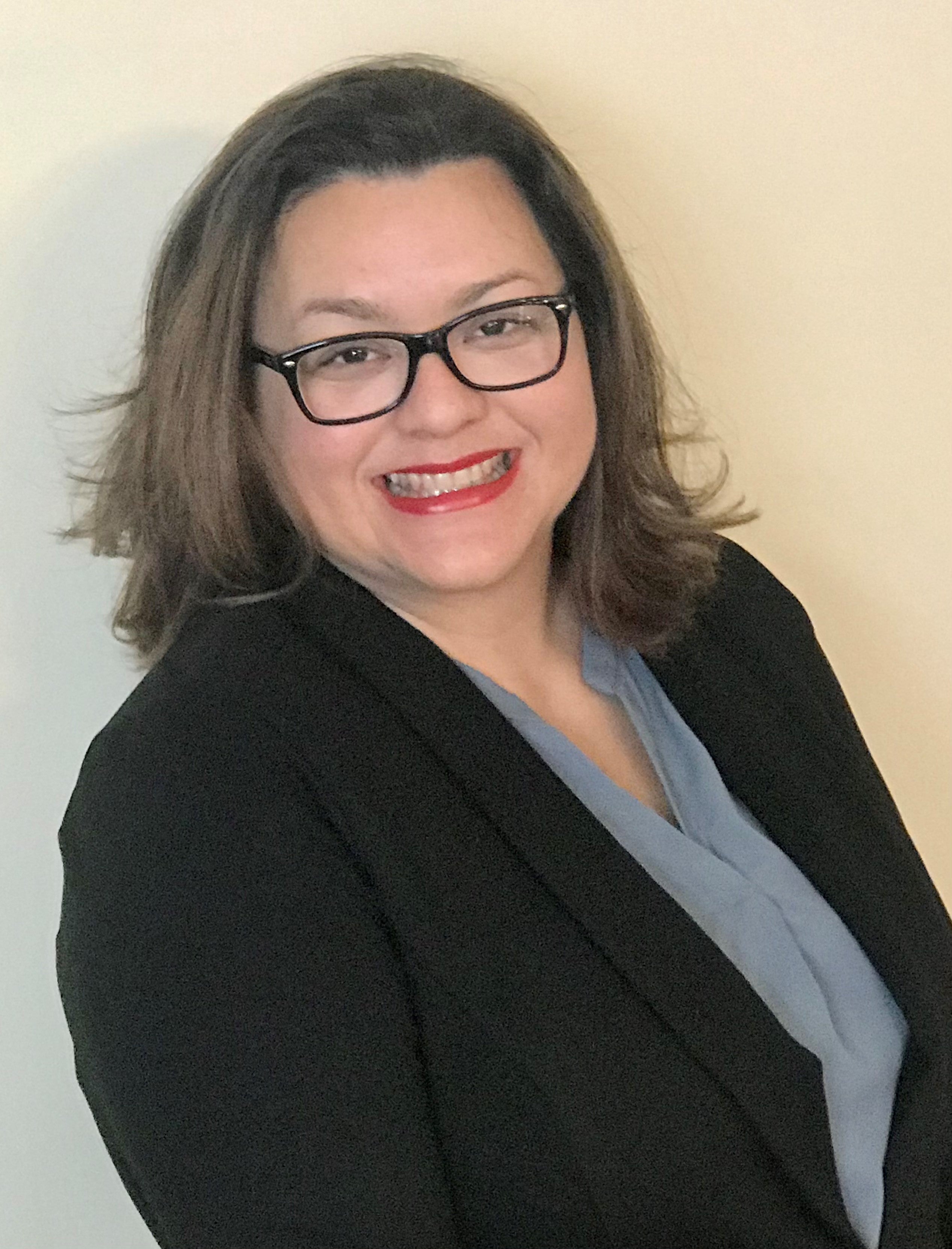
Alumni Spotlight
Monique Reza (MPP 2017)
Why did you choose UCR’s MPP program?
At the time I chose to get my Master’s Degree, I was already well set in my career. I wanted to advance in local government down the path of public policy, and that was going to require an advanced degree. For several years, I had researched various universities in the area; I wanted to work on a degree in public policy, but no Masters programs were offered in the Inland Empire. That is, until UCR implemented its MPP. Once it was launched, it was the only MPP program in the region. I knew I needed to apply. As a first cohort student, I was excited about participating in what was likely to be a quality program given the resources, staff, and goals of the administration. Additionally, I was working for a city in San Bernardino County which required 10 hour days. Given that my time would be limited, UCR’s MPP program was ideal.
What did you enjoy about your time in the program?
Several aspects.
- Obvious expectations: expanding my academic knowledge about issues I work with on a regular basis, including education policy, development and housing policy, equity, and policy analysis.
- Unexpected benefits: new friendships both among students and staff, professional contacts, and reviving parts of my brain I was certain had died after my BA.
What skills did you learn and/or take away from the program that you apply to your job?
As one of the “elder” students in my cohort, I had graduated from college over 10 years prior to beginning the MPP, and I had started my career. With those experiences so far in my past, it was more of a refining/polishing of the skills I brought with me. The program really helped me hone my leadership, collaboration, and quantitative analysis skills. I can safely say that prior to the MPP, I was the kind of person that read articles and skipped the tables and graphs. Not so since 2017. On a serious note, the soft skills I was able to hone are the ones that first considered as I move through and up the professional world.
Any advice for students applying to and/or currently enrolled in our program?
I would advise all students enrolled and/or applying to program to understand that learning comes from all aspects of the program including the fostering of relationships with whom one may not agree. Opening one’s mind to see beyond that which divides and really see people is the first step toward collaboration. Collaboration is necessary for policy interventions that have the potential to benefit a great number of people either in small communities, or at the state/fed level. At the end of the day, I’d like to think that one of the reasons we enrolled/applied for the program is to make the world a better place. Collaboration, at least in the professional world in which I work, is the beginning of that.